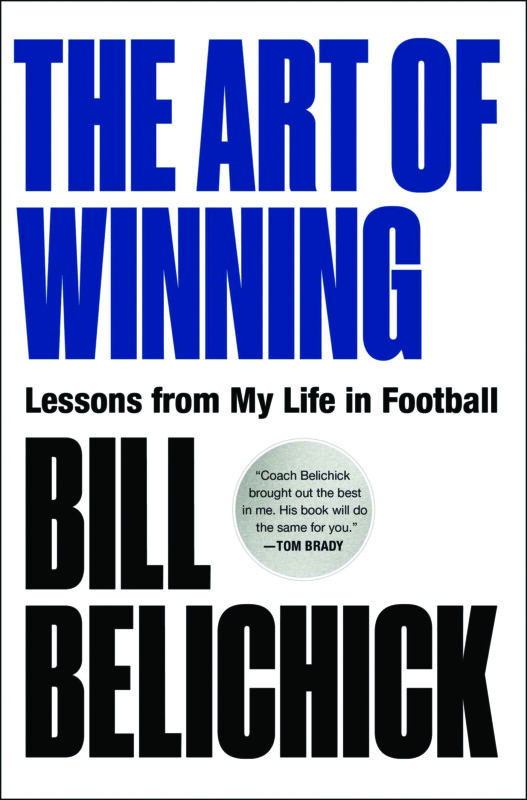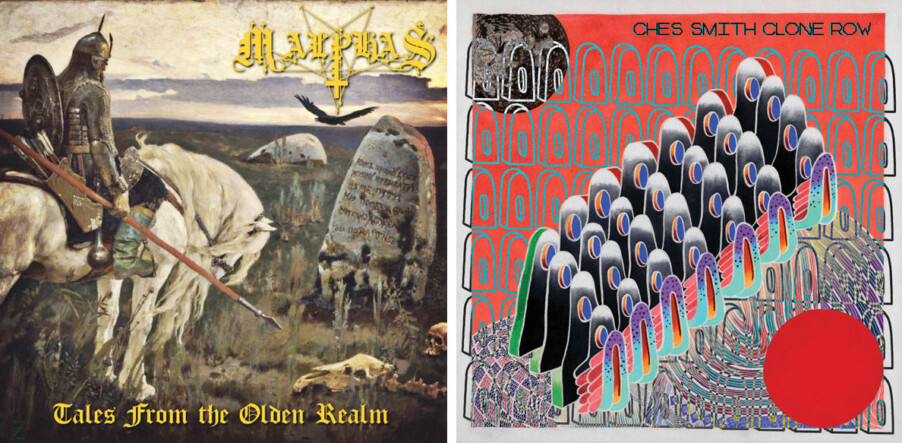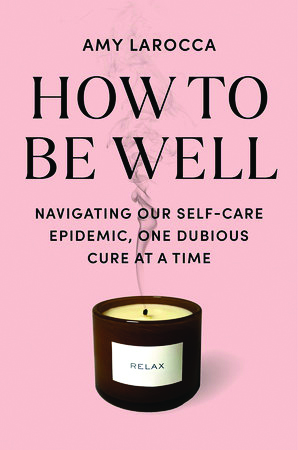The Art of Winning, by Bill Belichick (Avid Reader Press, 289 pages)
It is challenging to approach Bill Belichick’s new book on its literary merits, considering all the news coverage given its publicity tour (sample from the Washington Post: “Bill Belichick, Jordan Hudson and the making of a PR disaster”). There is also the matter of the acknowledgments.
Let’s just say that when the author thanks 4½ pages of people, and the media focuses on one person he does not thank, it’s fair to wonder if anyone is interested in the actual book, except for maybe Tom Brady, who promises in a cover blurb that The Art of Winning will bring out the best in all of us. And who, besides Robert Kraft, doesn’t want that?
So I began the book with an open mind, right up to the point where Belichick started yelling at me.
I’m not sure whose idea it was to, at the end of each chapter, have two pages of all-caps commands barking at the reader in white type on black pages, but it is shocking the first time you come across it, and each subsequent time it’s just annoying. (Wondering if I was overreacting, I showed a couple of pages to my college-age daughter and said, “Don’t read the words, just tell me how you react to this.” She didn’t know anything about the book or author. “Scared,” she said.)
This effect is not mitigated even when Belichick is screaming at us on the page to “TREAT PEOPLE WITH KINDNESS, RESPECT, AND DIGNITY WHENEVER YOU ARE MAKING A DECISION THAT INVOLVES THEIR LIFE OUTSIDE OF WORK.” Or “HONESTY IS GOOD. THERE IS A PLACE FOR SPEAKING SOFTLY, AND A PLACE FOR SPEAKING FORCEFULLY.”
OK, Yoda.
This is, at times, a book of platitudes, albeit platitudes written down by the winningest coach in football when he was between jobs. We were warned of that by the title, which is not especially original. (See: Amazon.)
That is not to say that there are not interesting stories in the book; there are plenty, including one involving the bromance that developed between Tom Brady and Antonio Brown when the troubled wide receiver was a New England Patriot for 13 days in 2019. Belichick reveals that AB sent TB12 a gift of bison and some sort of special milk that was $500 a bottle and was shipped in from the West. Though nobody apparently was at fault, it got left outside Brady’s locker for a night, and as Belichick tells it, on the eve of a big game, “we were all crying over spoiled milk” and management wound up reimbursing Brown $3,500.
“Think about it this way: Would you spend $3500 to ensure the best person on your team gave their best performance when it mattered most? Would you pay twice that to immediately relieve your star employee of a depressive episode, no matter how head-shaking? Absolutely, and you know it. Your job is not to psychoanalyze. Your job is to put people in a position to win.”
Anybody who followed the Patriots under Belichick for even a few years recognizes the patterns he lays out here. Practice matters. So does consistency. The process is king. (“Every day does not revolve around closing a big deal or scoring a big new client. But those days when the stakes are very high should feel exactly like every other day.”) All this is fine, and yes, might be helpful to some. There are worse self-help books out there, for sure.
It’s just we can’t help thinking, is this really all he’s got for us?
Like a Belichick press conference, even the big stories seem brusque. This is disappointing, especially when he begins with a line like “Falcons fans, you have fair warning. I’m going to talk about 28-3.”
That refers, of course, to the 2017 Super Bowl when the Falcons led by that score in the third quarter. The Pats went on to score 31 unanswered points. Surely, this will be a great story? Nope. It’s one page describing one play; then he’s on to the importance of preparation. (PREPARATION IS NEVER WASTED, REGARDLESS OF OUTCOME.)
Also, he never even tells us what animal or plant that ridiculous $500 milk came from.
He does give us some insight into the men who were influential in his life, including father Steve Belichick, who was also a football coach and a scout and passed on to his son the importance of working every day, not just to get a paycheck or even to win football games, but to improve at everything. (“Am I working toward something? Or am I just working?”)
“I suspect that the quest for improvement is not not quite so ubiquitous in the world outside sports,” Belichick writes, explaining how being laser focused on improvement is the crux of his famous phrase “On to Cincinnati,” which was uttered after a tough loss to the Kansas City Chiefs on Monday Night Football.
To be fair, there are some parts to this book that are genuinely funny, including Belichick’s “free motivation trick” involving Rob Gronkowski: “Whenever you feel lazy, close your eyes and imagine Gronk walking into your office and swatting you aside and taking your job. What’s he doing? How hard is he doing it? Does he seem depressed to be working hard? Or did he just spike your coffee mug on your head after sending that email you were too overwhelmed to type?”
He also tells a couple of revealing Tom Brady stories, which help to explain why Brady was so magnanimous in the blurb.
The Art of Winning is insider baseball, so to speak, in that the Gronkowski story means nothing at all to anyone who knows nothing about Gronk. Many of Belichick’s stories won’t mean much to anybody who doesn’t speak football, and they will appeal even less to anyone who doesn’t love the New England Patriots (meaning much of the country). As inspirational books go, even at its best, it’s self-limiting in its reach. And Jeff Benedict and Michael Holloway have written more engagingly about the Patriots.
So the greatest coach of all time (which actually remains to be seen — we’ll see how he does in North Carolina) isn’t the greatest writer of all time, nor should we expect him to be. It’s just Belichick on paper: Billy GOAT Gruff. C






